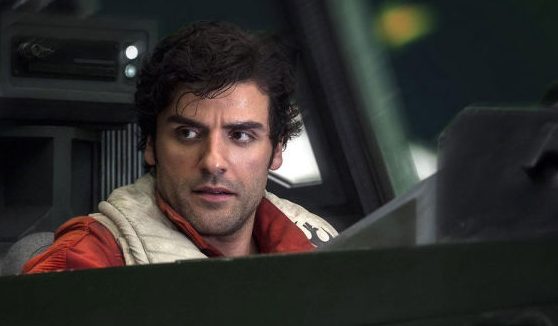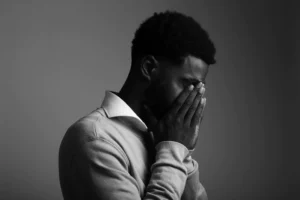Warning: “The Last Jedi” spoilers below
One of the things I loved most about “The Last Jedi” was that Poe Dameron’s scheme to save the day doesn’t work. At the beginning of the movie, Poe, the ace X-wing pilot who radiates Han Solo-esque arrogance, thinks he is always right. And his efforts (including disobeying a direct order from Leia) to destroy an enemy ship work out in the opening scene — but at the cost of many lives. Which is why Leia, gloriously, demotes him.
When he is later dissatisfied with command’s decision to run from the First Order and conducts a mutiny so Finn and Rose can sneak onto Kylo Ren’s ship in the attempt to deactivate the Order’s tracking system, I was sure his plan was going to succeed. His disobedience and obstinance would be rewarded and everyone would thank him later for being such a scoundrel.
But instead, his plan fails.
In fact, by disobeying the directive of his superiors, he puts all the survivors at risk and botches an escape plan that would have worked if he had trusted someone other than himself.
I love this series of events because it reminds me that my heroes are human, too. Their success doesn’t hinge on never failing; it’s about what they do after they fail.
Poe realizes his mistake — his selfish perspective that put lives recklessly on the line — and his attitude shifts. He pulls back from a futile fight later in the movie, marking his change of heart and the wisdom he’s learned.
This willingness to learn in humility reminds me of the proverb: “Like a dog that returns to its vomit is a fool who reverts to his folly. Do you see persons wise in their own eyes? There is more hope for fools than for them” (Proverbs 26:11-12). These verses refer to the problem of pride, which encourages making the same mistake over and over again. It’s totally and frustratingly illogical, but I repeat mistakes all the time, especially in relationships. I revert to passive aggressiveness when I’m hurt, I avoid confrontation when I know it’s healthy to discuss the problem, I refuse to trust God when I know He’s in control — and the list goes on.
The Bible is also packed with stories of people who fail — Moses strikes a rock in anger, David commits adultery, Peter denies he knows Jesus, Saul stands by as Christians are martyred. And yet these are also men we’ve acclaimed for their great acts of faith. Their failures remind us to learn from our mistakes, to not get bogged down after we’ve done something wrong. Even if we get demoted for them, we don’t stop learning and moving forward.
Because I’m a perfectionist, I tend to punish myself when I fail. I like being right. I like the affirmation from other people when I succeed and the contentment I feel when I make wise decisions. I don’t like the guilt, anger or shame I feel when I mess up — especially if I’ve hurt someone else in the process. I don’t like admitting I’m wrong and asking for forgiveness, because that requires vulnerability. It would be easier to stubbornly move forward without learning, without addressing my shortcomings.
And yet confronting those failures and apologizing to those I’ve hurt along the way keeps my pride in check and makes me a wiser person. By accepting my own humanity, I’m better equipped to accept the humanity of others.
C.S. Lewis writes, “Failures, repeated failures, are finger posts on the road to achievement. One fails forward toward success.” I like this idea of failing forward. Our failures don’t set us back, they push us to greater things.
If your 2017 was full of catastrophes, consider not the failures themselves, but how you’ve responded to them and how they’ve contributed to your humility and reliance on Christ. Perhaps they have helped you consider others amidst your crazy schemes, much like Poe Dameron does. Perhaps they’ve simply drained you and you need to recharge with hope for a new season. Perhaps they’ve forced you to work through feelings of guilt and shame, or to redefine what it means to be a believer.
How have you failed forward this past year?












